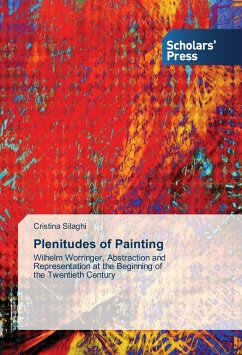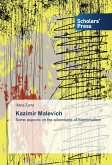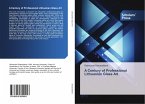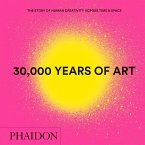In Abstraction and Empathy (1908), Wilhelm Worringer (1881-1965) argued that aesthetics needed to account for tendencies towards empathy as well as abstraction. Abstraction and empathy were for him antithetic urges; they materialized in antithetic modes of art-making. Memorably articulated, the opposition of abstraction and representation shapes Worringer s argument; yet abstract-representational interplay proves a vital, equally engaging aspect of his inquiries. Plenitudes of Painting connects Worringer s early texts with the writings of Immanuel Kant, Arthur Schopenhauer, Theodor Lipps, Alois Riegl, and with the works of Ferdinand Hodler, Paul Cézanne, Claude Monet and Wassily Kandinsky. This book addresses readers interested in, as well as students and researchers of, the history, theory and practice of art.
Hinweis: Dieser Artikel kann nur an eine deutsche Lieferadresse ausgeliefert werden.
Hinweis: Dieser Artikel kann nur an eine deutsche Lieferadresse ausgeliefert werden.








